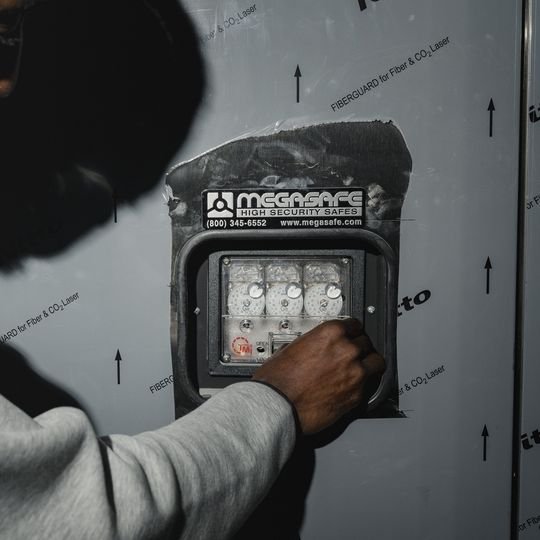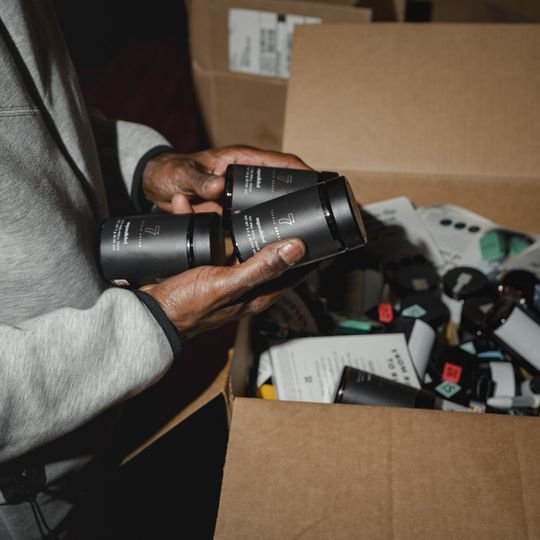The Big Problem for Marijuana Companies? What to Do With All That Cash
Though marijuana is now legal in some form in most U.S. states, many banks won’t do business with cannabis companies because the drug remains illegal at the federal level. Major credit-card networks such as Visa and Mastercard say they don’t process marijuana-related transactions for the same reason.
Some smaller banks have started to offer services to such companies, but customers say they can be unreliable. That leaves cannabis companies spending inordinate amounts of time and money moving around cash.
“For companies that are generating that much money, this is a caveman approach to finance,” Taylor said. In the case of his client, the bank later closed its account, a common occurrence when financial institutions discover ties to the marijuana industry.
But that could soon change.
Several times over the years, lawmakers in the House have passed a bipartisan bill that would make it easier to bank cannabis clients. The Senate has never taken its version up for a vote but is expected to this year, making its advocates more optimistic than ever.
Owners of legal marijuana businesses have long argued the current system empowers illegal dealers, who still sell most of the marijuana in the country.
“There’s no banking capital for the regulated cannabis industry, and there’s not much actual banking either,” said Tahir Johnson, a former financial adviser in New Jersey who is preparing to open a cannabis dispensary in May.
A dilemma for banks
The federal government since 1970 has classified marijuana as a Schedule 1 controlled substance, putting it on par with illegal drugs such as heroin and LSD. That has prompted banks to shy away from working with state-licensed marijuana companies because they risk being accused of money laundering or violating bank-secrecy laws, as well as facilitating the illegal drug trade.
As more states began legalizing the drug, the Treasury Department in 2014 clarified that banks can work with marijuana companies as long as they verify their state licenses and file suspicious activity reports for every transaction they make. Those onerous requirements dissuaded many from getting involved, though a few credit unions and smaller banks began offering services.
Few options for businesses
Johnson, the New Jersey resident, won a license in 2022 to start a marijuana dispensary in his home state. The 40-year-old opened a business account at Bank of America where he planned to gather about $3.5 million to put toward buying property and building a dispensary outside of Trenton.
But months into fundraising, the bank told him it was shutting down both his corporate account and a personal account he kept there. The notification letter said he had 30 days to remove his money and didn’t give a reason for the action, he says. Johnson suspects it was because the bank learned he was building a marijuana business.
Bank of America declined to comment. Banks reported closing nearly 8,000 accounts tied to marijuana-related businesses last year, according to Treasury data.
Johnson has since found a small bank in Arkansas called Central Bank that banks him remotely. He pays a $500 monthly account fee and a 0.5% fee on any cash deposits. When he needs to deposit cash, the bank sends an armored truck for it—at his expense.
CONTINUE FOLLOWING THIS STORY HERE




